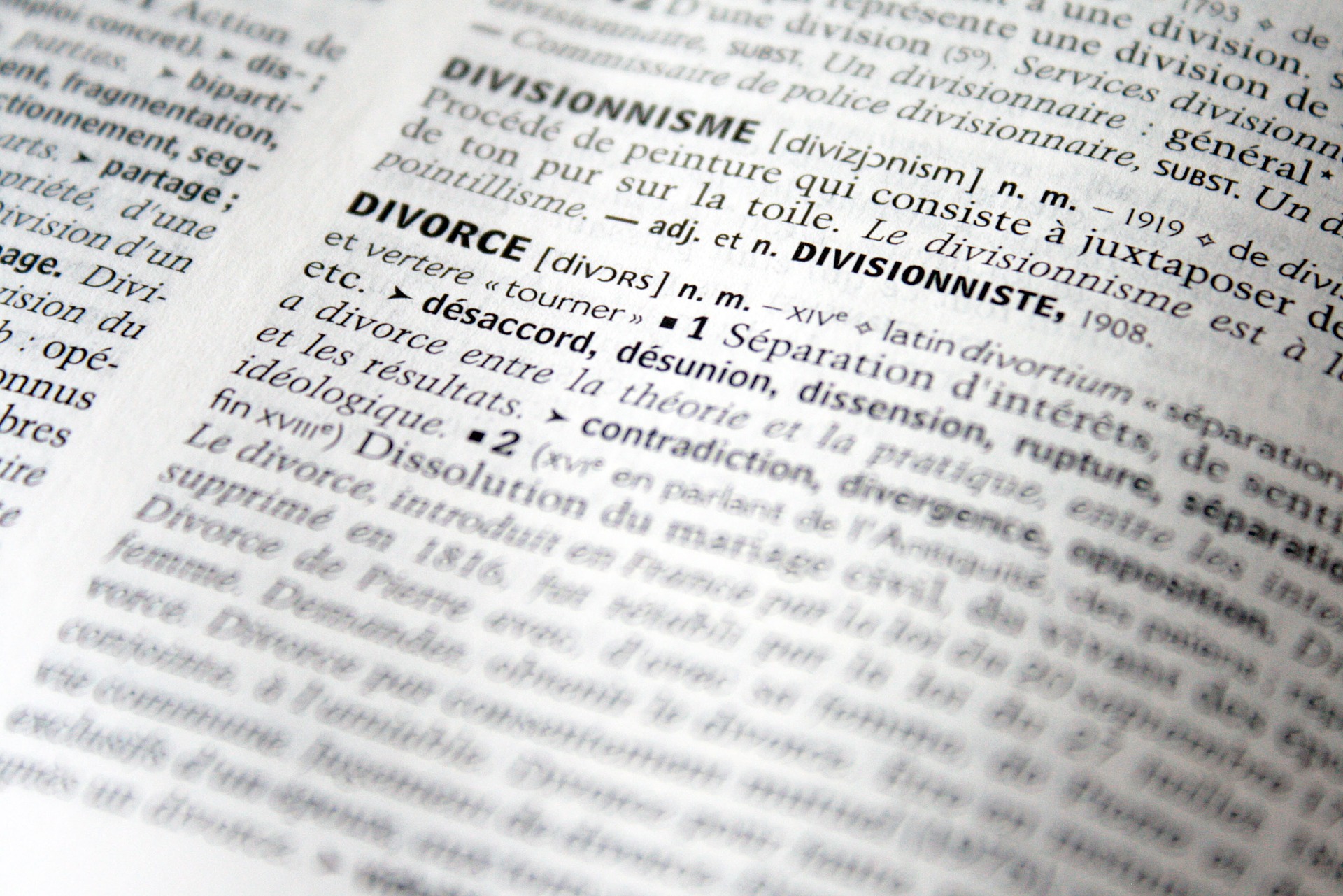What are the Differences Between a Contested and an Uncontested Divorce?

Divorces are often a long and difficult process for couples. It requires a great amount of patience and decision making abilities in order to determine the necessary arrangements for a divorce. These processes may depend on if the spouses are able to agree on the marital issues at hand. Different divorce types allow couples to work through these matters in a way that suits their personal situation. In the state of New York, couples can participate in two main types of divorce: contested and uncontested. Spouses going through divorce proceedings can benefit from an experienced attorney to guide them through the process.
Contested Divorce
When both spouses cannot come to a common ground regarding their marital issues, it is known as a contested divorce. This occurs when neither spouse signs an agreement for the terms of their separation. This leaves those matters unresolved. When this happens, a judge is appointed to make these decisions for the couple in order to settle their disagreements. This may include decisions about issues such as child support, custody, the division of assets, and alimony.
Before the proceedings may begin, a spouse can cite either “fault” or “no-fault” grounds. When no-fault grounds is cited, it means neither spouse is holding the other responsible for the end of their marriage. When a spouse cites fault grounds, it means they are holding the other spouse responsible. This may be due to one of the following situations:
- Adultery
- Abandonment
- Cruel and inhuman treatment
- Imprisonment for 3 years or more in a row
Uncontested Divorce
An uncontested divorce takes place when both spouses believe their marriage is unfixable and agree to the arrangements of their divorce. This is also called an “Irretrievable Breakdown of Marriage.” In the event of this, a couple must resolve all marital issues before the proceedings begin. This may include matters such as alimony, child custody and support, parenting time, division of assets, and any payment of debts.
When a divorce is uncontested, the spouses are able to choose a method of divorce outside of litigation if they wish to do so. Alternatives methods may include mediation, arbitration, or collaborative divorce. While these processes are voluntary, they can be very beneficial for all parties involved in the proceedings.
Contact our Firm
If you or someone you know is going through a divorce and wishes to seek legal counsel, contact The Pollack Law Firm, P.C. today.
The Pollack Law Firm, P.C. understands that divorce and family law matters can be very complicated and emotional. They require strong legal representation from a compassionate attorney. Robert Pollack is an experienced divorce and family law attorney in Long Island, New York. Contact The Pollack Law Firm, P.C., to set up a free initial consultation.
